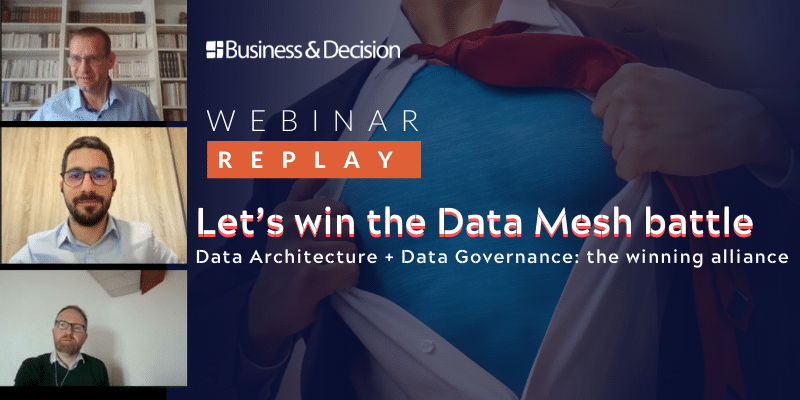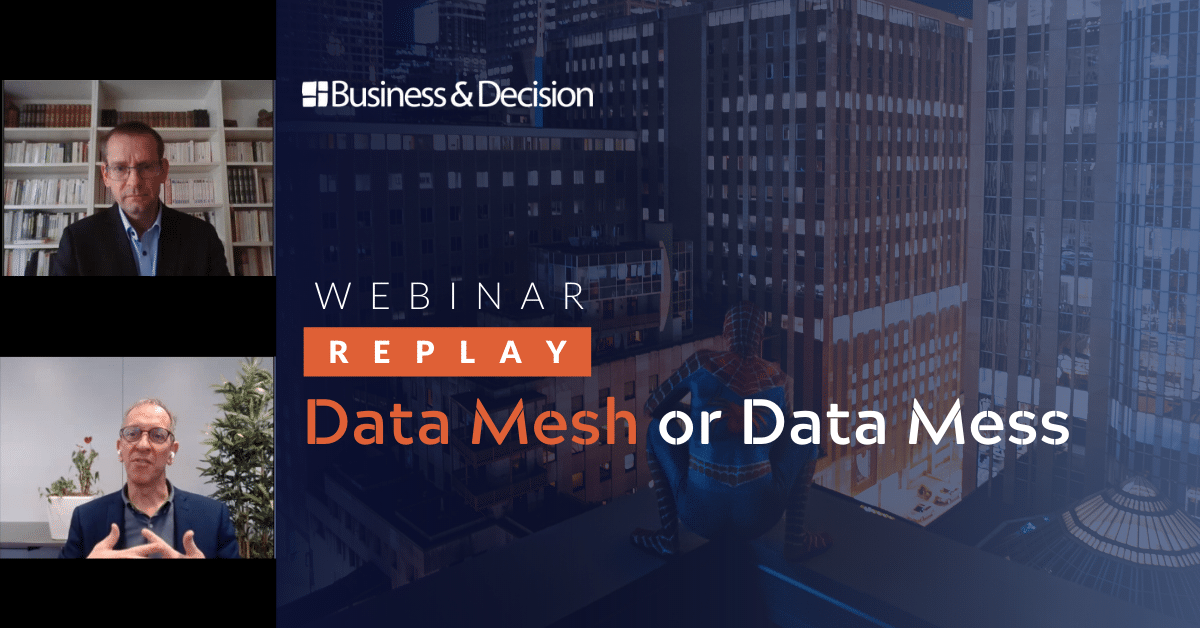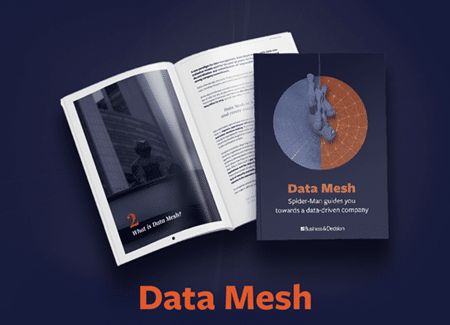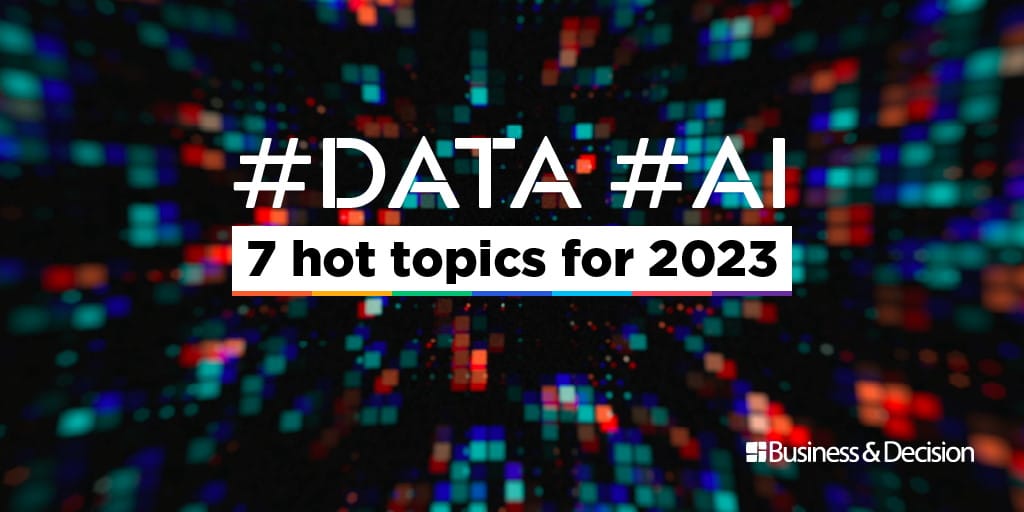Implementing a Data Governance strategy is key to achieve a successful and sustainable data centric journey. But what are the current challenges to launch such initiative in a company? What should be the best guidelines to follow and mistakes to avoid?

In Business & Decision Expert Podcast we strive to answer business questions in the domain of Data & Digital for your company’s digital transformation. For this monthly episode we will discuss about Data Governance, what is it exactly and why is it getting more important for companies nowadays.
What we will discuss today:
- What is the best approach for companies to implement an effective & sustainable Data Governance strategy
- What are the main common challenges companies are facing today with Data Governance?
- When do I know that my company needs a Chief Data Officer?
- Where to start to implement my Data Governance strategy?
Gerrit Denayer, Business & Decision Marketing Director, received around our table the following expert to answer those questions:
- Carlo Schots, Sales Director at Business & Decision
- Meint De Vries, Operations Director at Business & Decision
- Julien Tagnon, Data Governance Expert at Business & Decision
- Benjamin Protais, Data Governance Expert at Business & Decision
Listen to the full podcast
Gerrit: What are the main challenges, you see your clients running data governance?
Benjamin: First of all, I guess we already spoke about that, it is a that data will become a business asset. Very often, we have a data governance initiative with the huge participation of the IT team. And that’s the first thing for me is that the data have to be a business asset to support digital transformation of the company. And we have to put that at the good level, so that the business level of the company. And after that, you will involve the people, the money, you’ll be able to answer the challenge.
Julien: I think one of the challenges is to make the change sustainable. What I mean by that is just as explained, as Meint explained it. You may start by a data strategy and initiate a bottom up approach linked with your data strategy. But you really need to make sure, and that’s where the CDO is getting to the picture, but you really need to make sure that all your initiative, your bottom up initiative, do not transform themselves into data cleansing, or data management, issue solving, but really, that it transforms in a sustainable way. And in a long term vision, the way the organization is managing data, I think that’s, that’s one of the most difficult aspects of a data of a data governance to transform the project mode. So the transformation of the organization into a running mode, into a transformed organization with a sustainable changes.
Meint: One of the things I’m currently running into, one of the clients I’m currently working for is a bit more of an operational issue. But we have some in the organizations, there are discussions ongoing, between several business stakeholders, Director of Operations and director of Marketing. And there’s people lower in industry there who disagree on which inventory levels are correct. And then you find out after a while, that they use different definitions of different materials, which causes the inventory level suite to be different. And that’s what you sometimes find so that you, when you enter the business problem, you have to dig out a bit deeper into to the issue, to find what the real root cause is. And the root cause can usually or can often be data or even Master Data Management related.
You really need to make sure that all your bottom up initiative, do not transform themselves into data cleansing, or data management, issue solving, but really, that it transforms in a sustainable way
Julien Tagnon
Gerrit: So if we look at what you were saying, how is the move to the cloud and the digital transformation impacting the data governance projects? Are they becoming more important, or basically the most important thing to do? Or are they typically a second thought in those both digital transformations and move to a cloud type of project?
Meint: By itself, the move to the Cloud does not immediately pose change, I would say, but what you do see in the move to the cloud and the whole new technologies, you see a sharp increase of the amount of data which which is there, as you already mentioned, got new things like Big Data Sources coming in. And now that the storage of this data is much more easily and also the integration of the data into in the cloud has become much more of a topic, the fact of data, the topic of data ownership. And then data quality parameterization is even much more on the table. So I would say that the initiatives, the trends such as cloud put data governance even more important.
Business & Decision Expert is a podcast where we talk about Data, AI & Digital topics. We receive every month Data & Digital experts to discuss how Data is revolutionizing our daily lives and we strive to answer business question related to digital transformation. We aim to gather a community of Data passionate people around our podcast where everyone can learn something in a relaxed and fun way.
You can listen to us on Soundcloud, Apple Podcast, Spotify or other podcast platforms.
















Your email address is only used by Business & Decision, the controller, to process your request and to send any Business & Decision communication related to your request only. Learn more about managing your data and your rights.